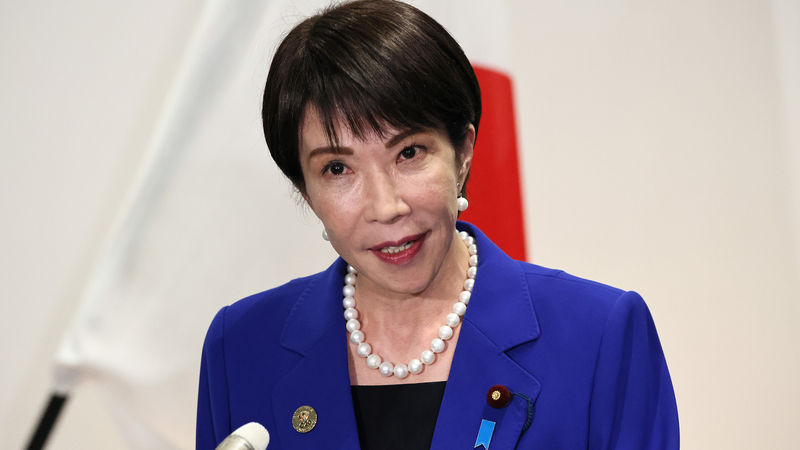Japan's recent political shift has sent ripples across East Asia, drawing criticism for its firm stance on Taiwan. Prime Minister Takachi's comments—seen as interference in China's internal affairs—have reignited regional tensions and unsettled cultural exchanges.
China's Ministry of Culture and Tourism issued a travel advisory urging caution for visitors to Japan. The result: a wave of cancellations that threatens nearly 7 trillion yen (about $44.7 billion) in consumption once forecast for the first three quarters of this year. From a four-decade-old Tokyo cruise operator to traditional tea ceremony studios in Asakusa, businesses built on cross-border tourism now face an uncertain future.
The impact has rippled into equity markets. Shares of department stores, travel agencies, airlines and cosmetic firms—heavily reliant on Chinese tourists—plunged. Analysts warn Japan may forfeit up to 2 trillion yen ($12.8 billion) in tourism revenue over the next 12 months, a stark reminder that political maneuvers carry real economic costs.
This year marks the 80th anniversary of the Nuremberg Trials, a landmark in justice and responsibility. As Tokyo grapples with defense ambitions and historical memory, the challenge is clear: can Japan balance security concerns with the diplomacy needed to sustain regional stability? The answer will shape East Asia's economic and political trajectory for years to come.
Reference(s):
Japan's political deviation: Provocation on Taiwan to pay high price
cgtn.com




